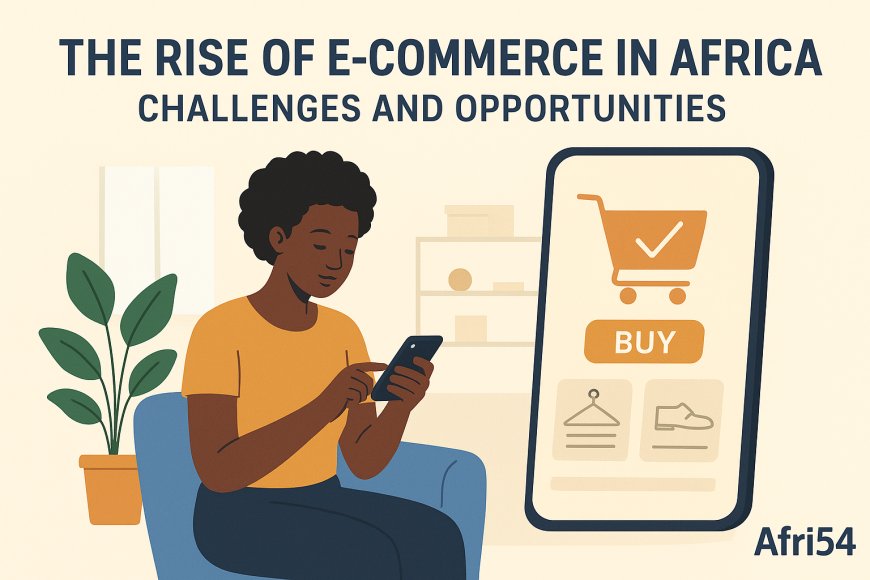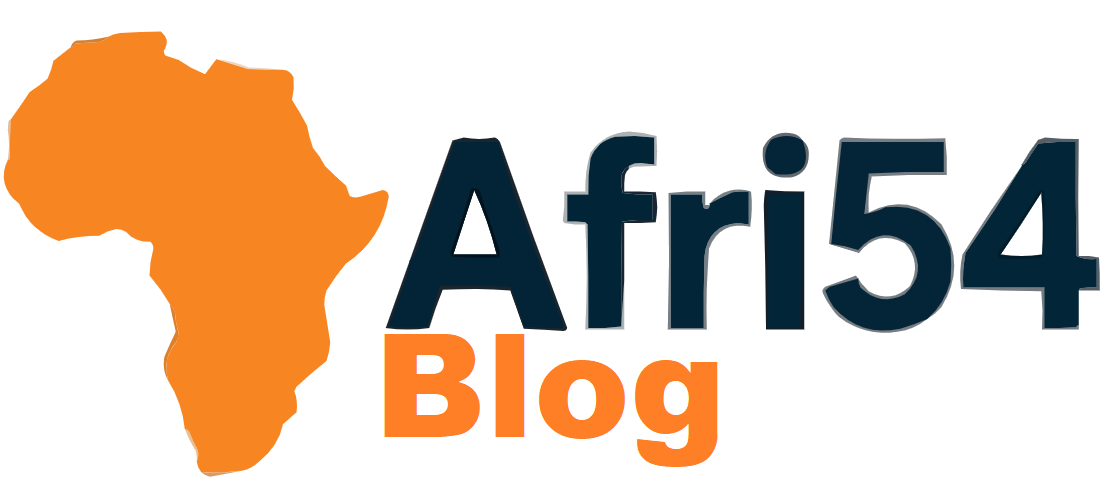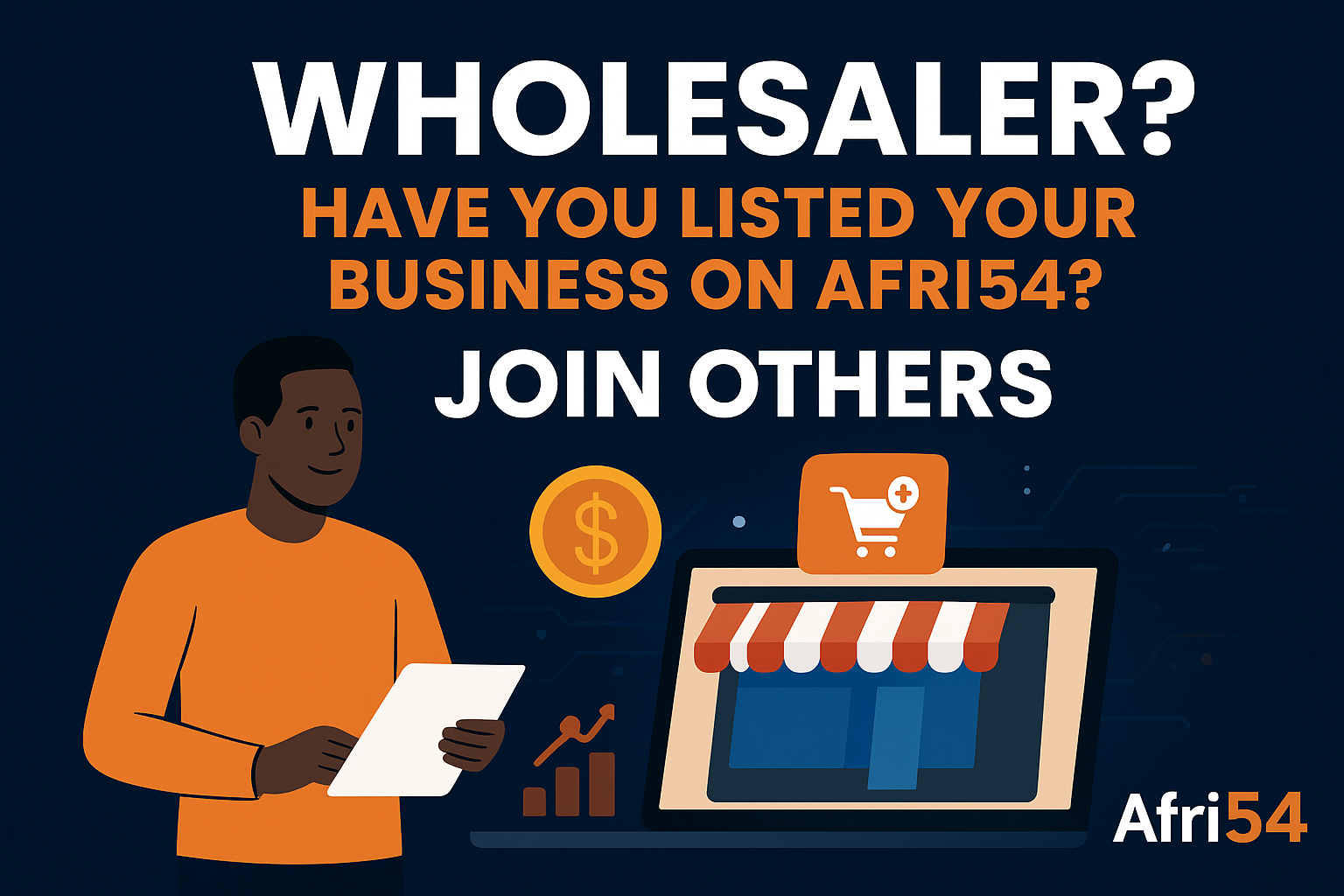The Rise of E-commerce in Africa: Challenges and Opportunities
By 2030, Africa’s e-commerce sector could be worth hundreds of billions of dollars, transforming how goods are traded and consumed. However, its success depends on collaboration between governments, private companies, and innovators to solve infrastructure challenges, build trust, and expand access. E-commerce in Africa is not just about convenience—it is about inclusion, empowerment, and unlocking economic opportunities for millions across the continent.

E-commerce is reshaping the way Africans buy and sell goods, bridging the gap between traditional marketplaces and the digital economy. With smartphone adoption, affordable internet, and a growing middle class, Africa’s online shopping sector is on the rise. Yet, while the opportunities are immense, the road ahead is lined with unique challenges that must be addressed for sustainable growth.
The Growth of Online Shopping
Platforms like Jumia, Konga, Takealot, and Kilimall have led the charge in popularizing e-commerce across the continent. From fashion and electronics to groceries and household items, Africans are increasingly turning to digital platforms for convenience and variety. Mobile money services such as M-Pesa and digital wallets are fueling this shift by enabling secure transactions in regions where banking penetration is low.
Opportunities for Growth
-
Expanding Market Reach: E-commerce breaks geographical barriers, allowing small businesses and artisans to sell beyond their local communities.
-
Youth and Digital Adoption: With Africa’s young population driving internet use, demand for online shopping is expected to grow rapidly.
-
Job Creation: From digital marketing to logistics, e-commerce creates employment opportunities across multiple industries.
-
Global Integration: African sellers can access global markets through cross-border e-commerce, boosting exports and competitiveness.
The Challenges
-
Logistics and Infrastructure: Poor road networks, limited warehousing, and high delivery costs make logistics a major hurdle.
-
Trust and Consumer Confidence: Concerns about fraud, fake products, and unreliable delivery services hinder adoption.
-
Digital Divide: Rural areas with limited internet penetration remain underserved, widening the access gap.
-
Regulatory Barriers: Taxation, trade policies, and inconsistent regulations can stifle innovation and discourage investment.
Innovative Solutions
To overcome these challenges, African startups are leveraging technology and creativity. Some companies now use AI-powered logistics platforms to optimize delivery routes. Others are building last-mile delivery networks using motorbikes, drones, and local agents. Digital escrow services are also improving consumer trust by releasing funds only after goods are delivered.
Looking Ahead
By 2030, Africa’s e-commerce sector could be worth hundreds of billions of dollars, transforming how goods are traded and consumed. However, its success depends on collaboration between governments, private companies, and innovators to solve infrastructure challenges, build trust, and expand access.
E-commerce in Africa is not just about convenience—it is about inclusion, empowerment, and unlocking economic opportunities for millions across the continent.
Have you listed your business on Afri54?
Afri54 exists to solve a fundamental challenge faced by millions of African businesses: lack of visibility. Whether you're an automobile part seller in Ladipo Lagos, a local attire manufacturer in Kigali, a coffee exporter in Addis Ababa, or a mobile phone supplier in Accra, you deserve to be discovered.
We provide the platform—you bring the value. Get started






















